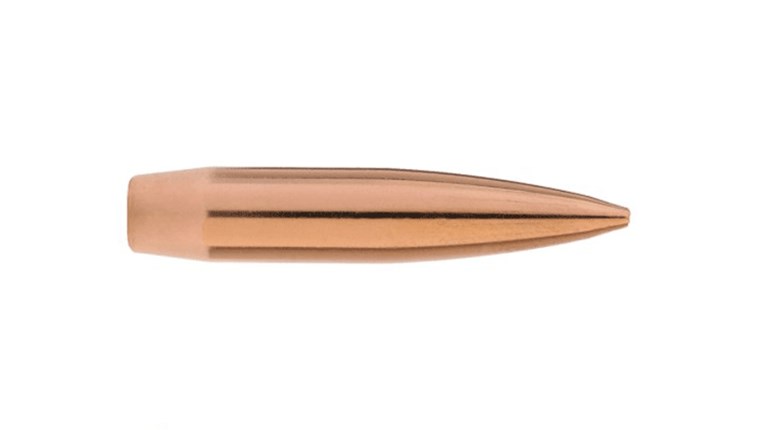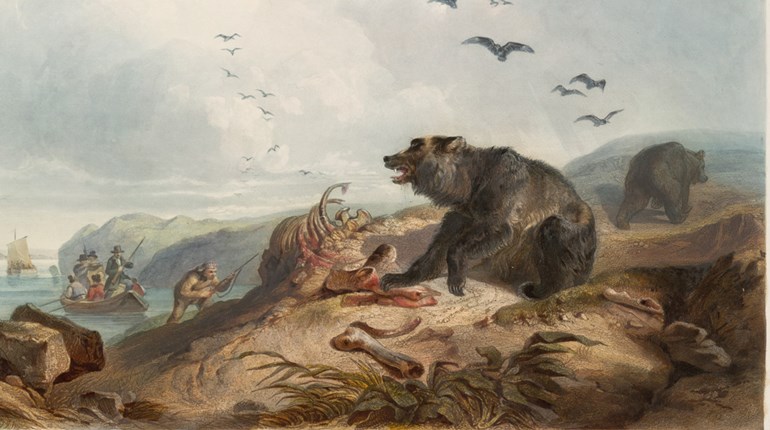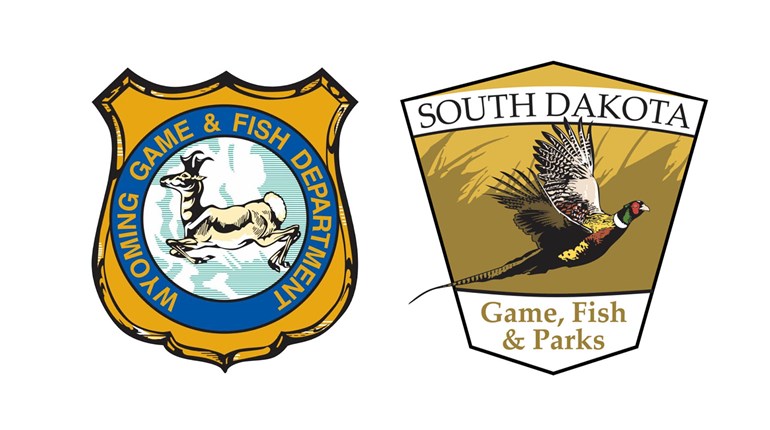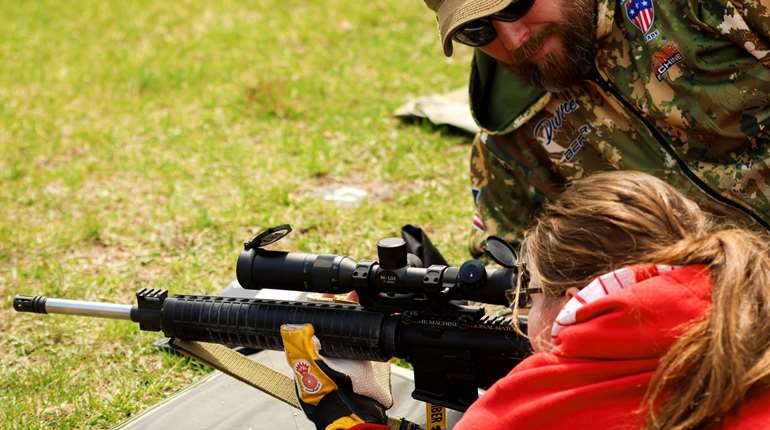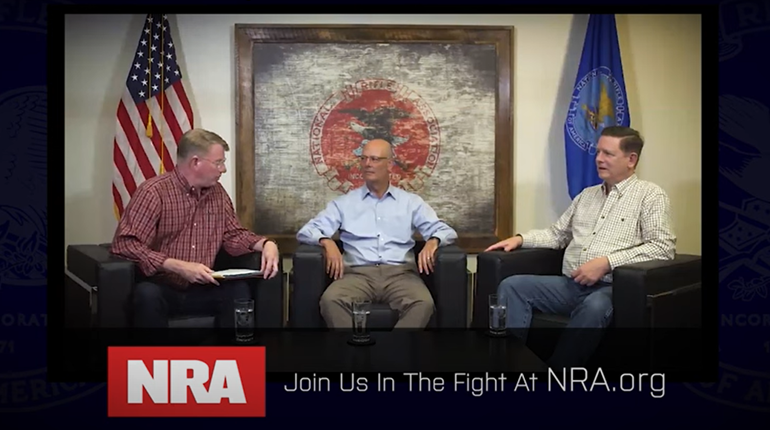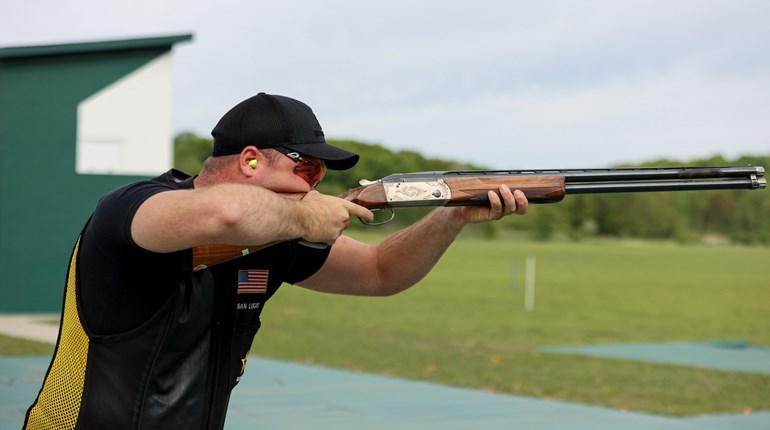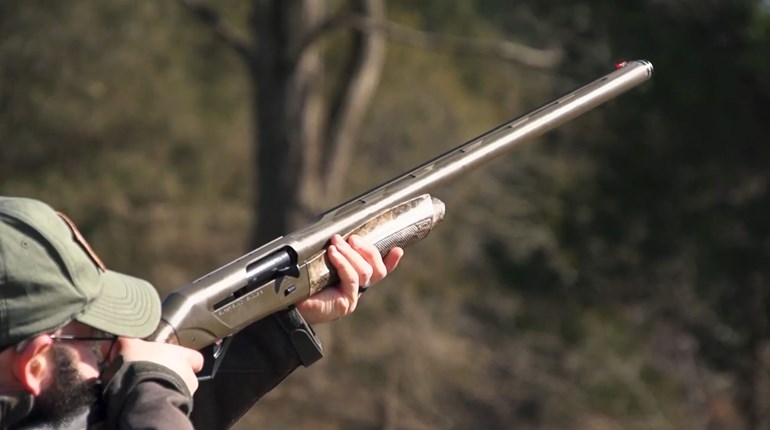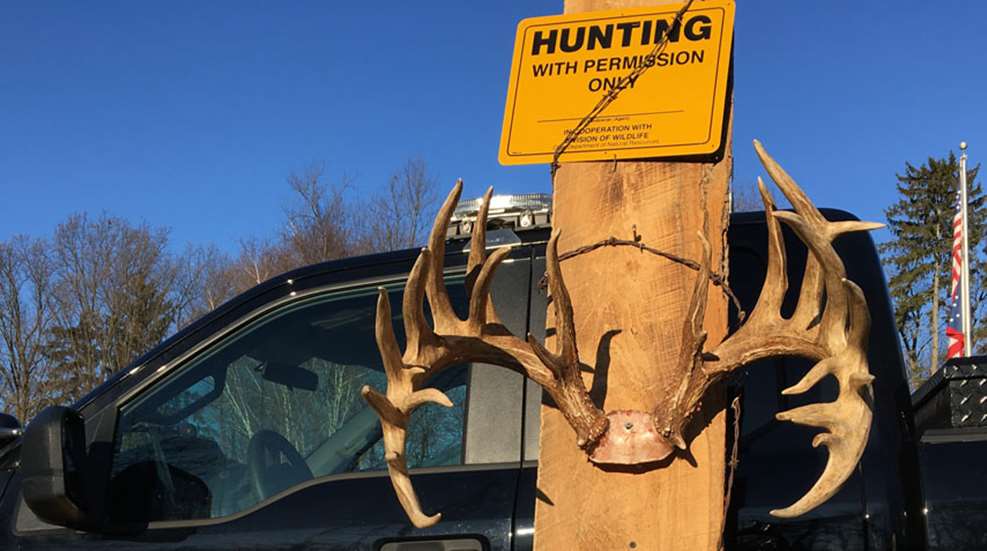
Some people can resist anything but temptation, and one Ohio man recently found out just how costly—in more ways than one—stepping over the line from hunter to poacher can become.
Last fall, Junior L. Troyer, age 43, was deer hunting in Coshocton County of the Buckeye State when he legally shot and killed an eight-point buck; a nice deer but not a trophy. He then went back out hunting to try and take a doe, which is legal in Ohio. But as he was hunting, a huge 26-point (200-class) buck came along that he had been watching for several years on trail-camera photos.
And yep, you guessed it, Troyer just couldn’t resist the opportunity and shot and killed the second buck. He then discarded the head of the smaller eight-point deer so as not to get caught with two bucks, which was illegal in Ohio this past hunting season.
State wildlife officers were tipped to the crime, and two of them searched for several hours trying to find the head and rack of the first buck, the one the hunter had pitched, but with no success. They then called fellow officer Jeremy Carter for assistance, whose partner, Finn, just happens to be a wildlife K-9 unit.
“Finn located the smaller deer head in just a few minutes,” Carter said proudly.
With evidence of the two bucks now in hand, wildlife officers charged Troyer with five wildlife law violations—to which he subsequently pleaded no contest. He was found guilty by a judge and sentenced to pay a fine of $150 on each charge, plus $87 in courts costs.
But the judge was not finished with Troyer quite yet. He also ordered him to pay a whopping $27,904.46 to the Ohio DNR, Division of Wildlife, in restitution for the second deer. The non-typical trophy buck officially scored 228 7/8, and the restitution amount imposed by the court was in accordance with Ohio’s restitution law for the illegal taking of white-tailed deer.
In addition, Troyer lost his Ohio hunting privileges for one year and his name was entered into the Interstate Wildlife Violator Compact, which means he will lose his hunting rights in 46 other states, as well.
“The Compact is an agreement that recognizes the suspension of hunting, fishing and trapping licenses in member states,” said Ken Fitz, executive administrator of law enforcement, Ohio DNR, Division of Wildlife. “This means that illegal activities in one state can affect a person’s hunting or fishing privileges in all the participating states. And any person whose license privileges or rights are suspended in a member state may also be suspended in their home state.”
Fitz added that if a person plans to hunt, fish or trap in another state, and they have a license suspension in their home state, it is their responsibility to contact the other state to see if they can legally hunt, fish or trap there.
Currently, 47 states are members of the Interstate Wildlife Violator Compact, with Delaware and Massachusetts actively working through the formal process of membership. Hawaii is the only holdout, but has begun the process to join the Compact.
The concept of such a national agreement was first considered in the early 1980s by member states of the Western Association of Fish and Wildlife Agencies. Law enforcement administrators and wildlife commissioners from several states then began discussing the idea of a compact based on the format of the existing Drivers License Compact and Non-Resident Violator Compact, both of which are related to motor vehicle operator licensing and enforcement.
In addition to deterring poaching, the Interstate Wildlife Violator Compact has at least four benefits for wildlife officers. “For instance,” said Fitz, “it’s a time saver, information about specific poachers is shared nationally, the violation paperwork process is streamlined, and the number of ‘failure to appear’ cases is reduced.”
He gave the example of a suspected poacher being apprehended in Ohio. “Under the Compact agreement, our officers treat a non-resident just as they would a resident. In other words, the person is issued a field summons—similar to a traffic ticket—and then released. He/she is not required to post an appearance bond. But if they then fail to show up on their court date, their license is automatically suspended in Ohio, in their home state and in every other state participating in the Compact.”
In Ohio last year (2018), 209 names were entered into the Interstate Wildlife Violator Compact. Nationally, more than 78,000 names have been entered since 1998.
“To put a twist on a popular adage,” said Fitz, “what happens in Vegas no longer stays in Vegas. And legal sportsmen and women across the country, as well as game and fish populations, are the ultimate winners.”













